
Accu-Tracking conducts temperature mapping studies to obtain continuous data in compliance with the World Health Organization (WHO) and the Saudi Food & Drug Authority (SFDA) standards and protocols to systematically monitor and analyse temperature variations within cold storage, temperature-sensitive goods and products along the supply chain. This valuable data automatically generates a report in Accu-Tracking software for in-depth analysis and record keeping.
Pharmaceutical and F&B companies rely heavily on the storage and transportation of temperature-sensitive products such as vaccines, biologics, certain drugs, diary and frozen food. Maintaining the integrity of these products, throughout the supply chain, is critical to their efficacy and safety. This is where thermal mapping plays a crucial role.
| Protects Perishables | Know the Environment | Regulatory Compliance | Understanding Thermal Mapping | Identify Areas of Risk |
|---|---|---|---|---|
| No doubt, some goods are more sensitive to temperature than others. Due to this, perishables will spoil if the proper storage conditions are not established, implemented, and maintained. If subjected to unsuitable conditions, the product could become ineffective or even harmful to consumers. | Stored goods are assets. Beyond protecting your product, it's important to know how the product reacts to environmental factors and establish optimal storage conditions. This information is necessary for those who must comply with Good Manufacturing Practice (GMP), as well as ensuring consumer safety. | Beyond what is best practice, temperature mapping is a regulatory compliance requirement for some. The KSA Food & Drug Administration (SFDA) requires manufacturers, processors, and packagers of drugs, medical devices, some food, and blood to make sure the product is safe for use, and that it has the ingredients and strength it claims to have. | Thermal mapping involves the systematic measurement and analysis of temperature distribution within a specific area or container over a defined period. It helps identify temperature hotspots, cold spots, and any temperature fluctuations that may occur during storage or transportation. By collecting accurate and comprehensive data, thermal mapping allows for informed decision-making to maintain optimal temperature conditions throughout the pharmaceutical supply chain. | Collecting an environmental profile of the warehouse will help determine which areas are safe for storage and identify areas of inconsistences such as the opening and closing of doors, high shelving, or exposure to light. Once identified, these areas should either be inoperative or corrected. |
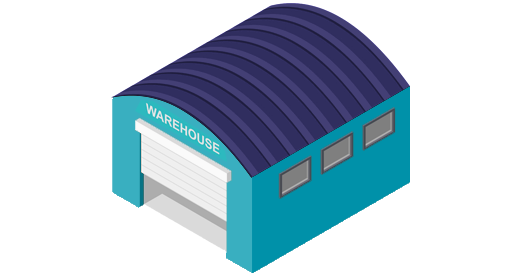
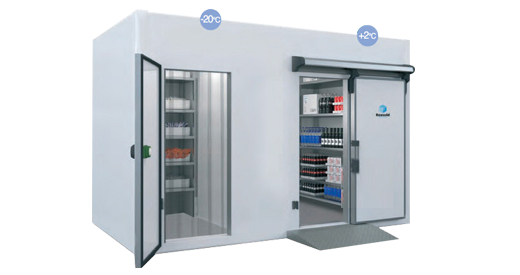




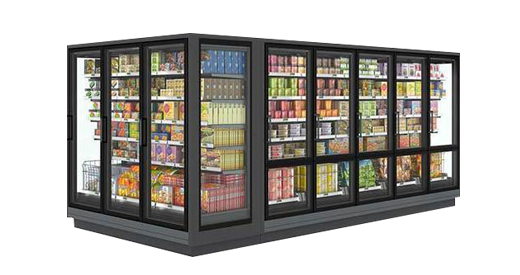
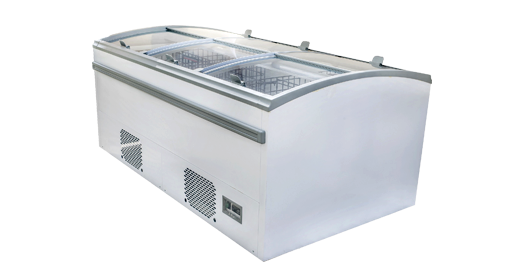
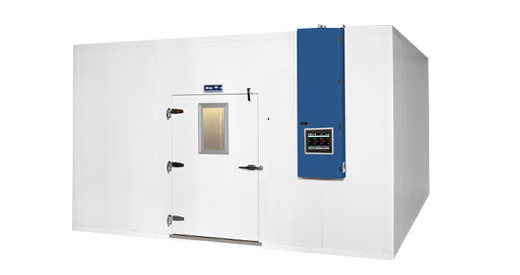
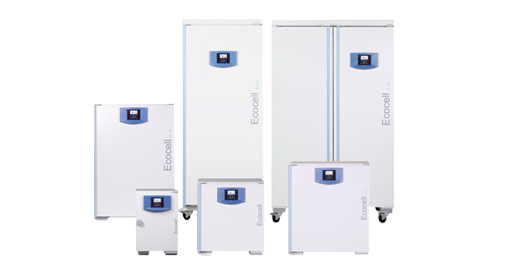
Click here for product enquiry